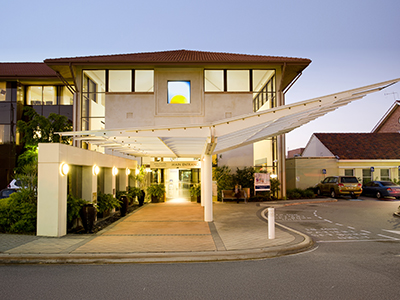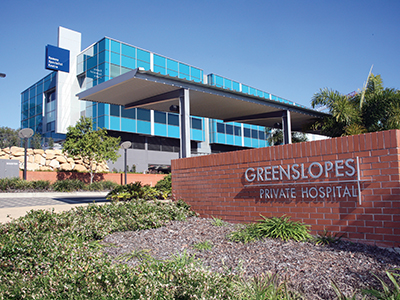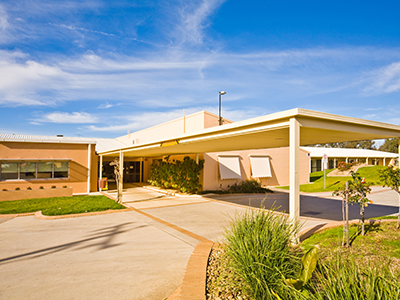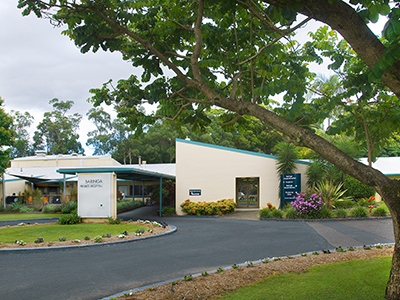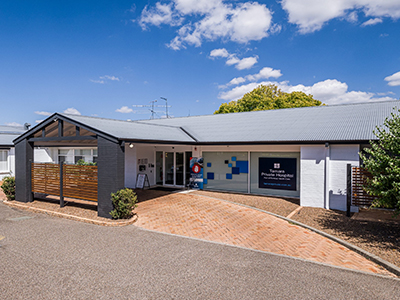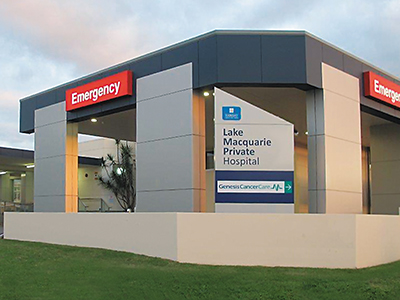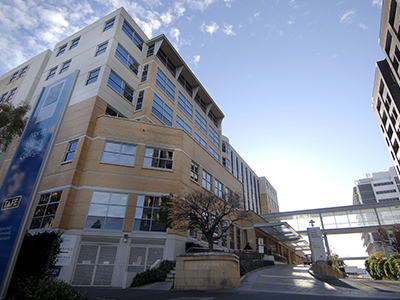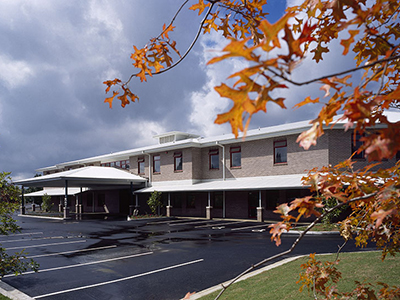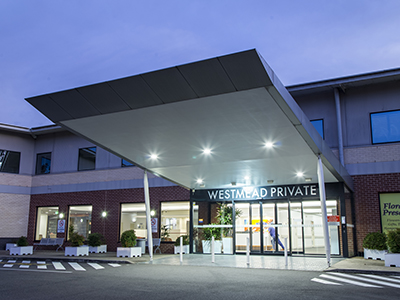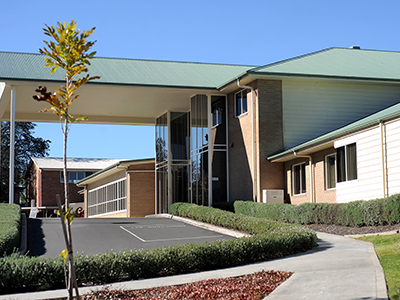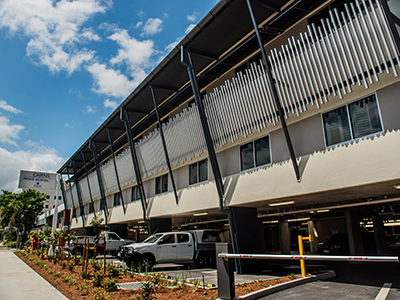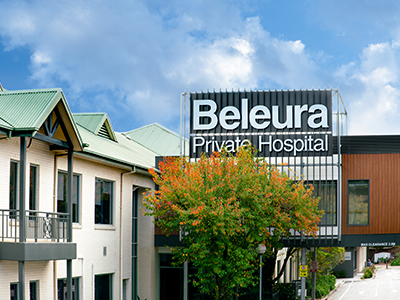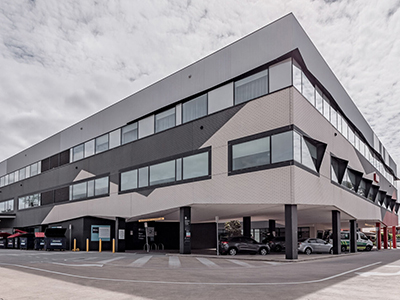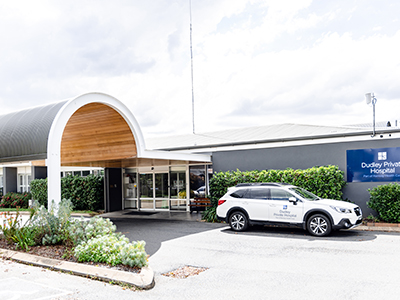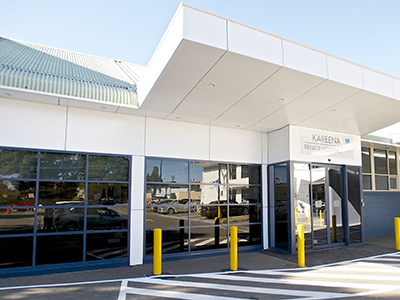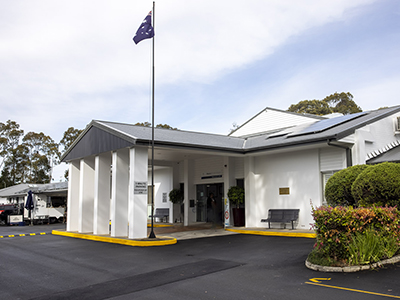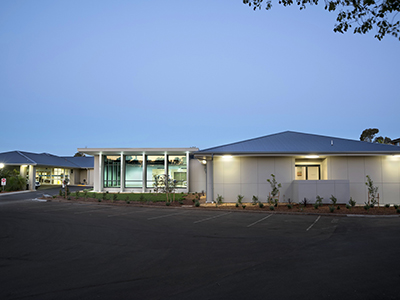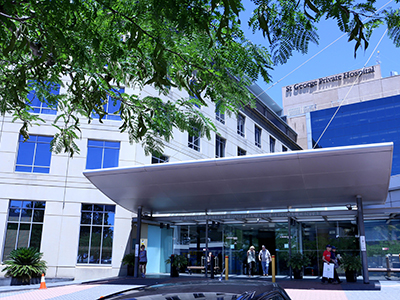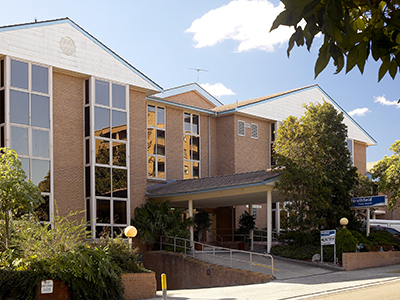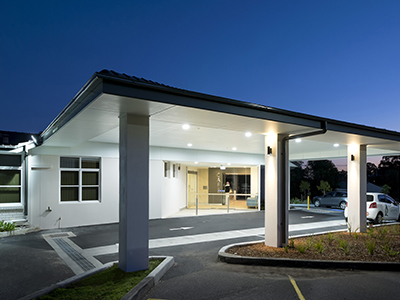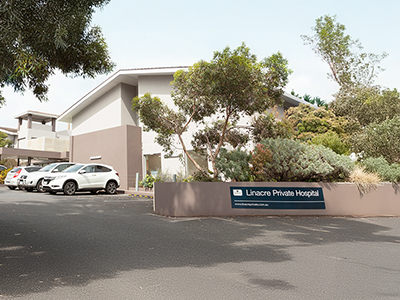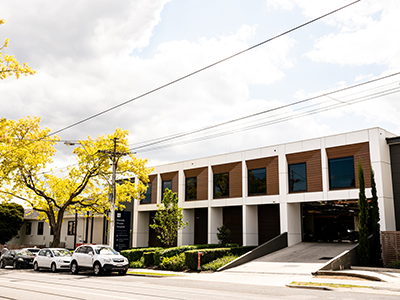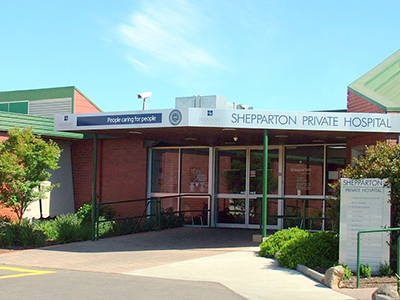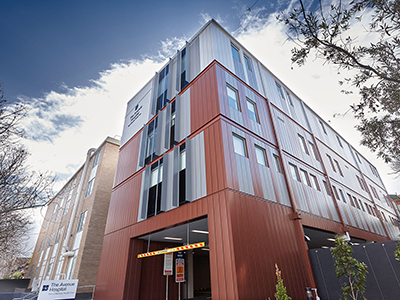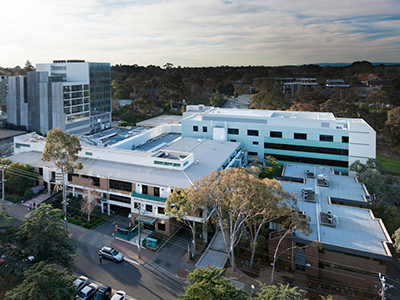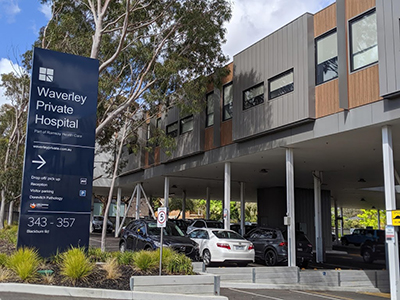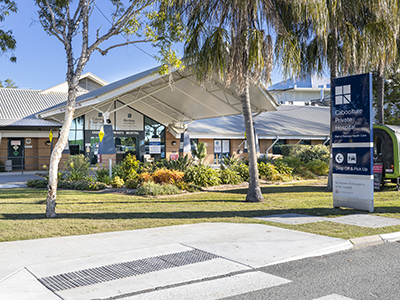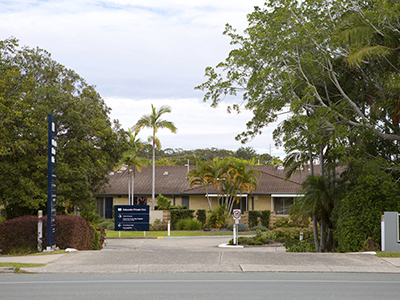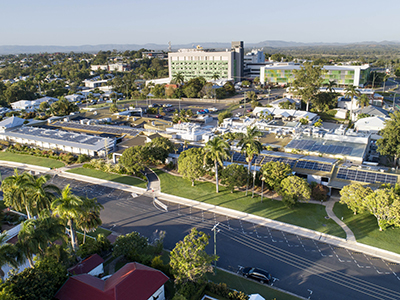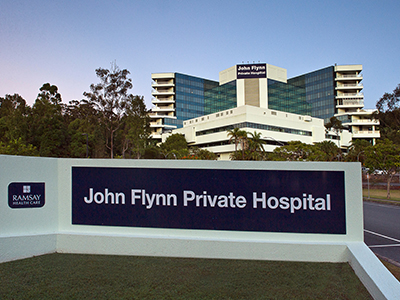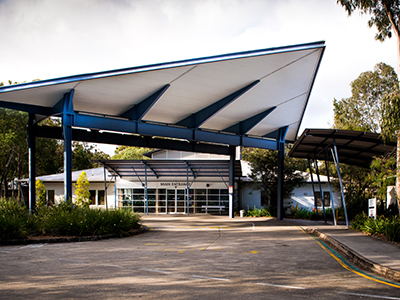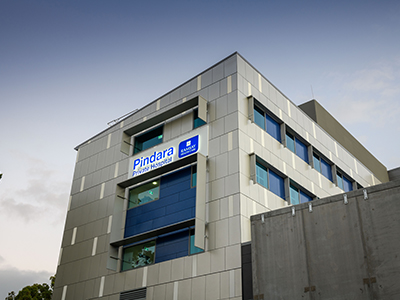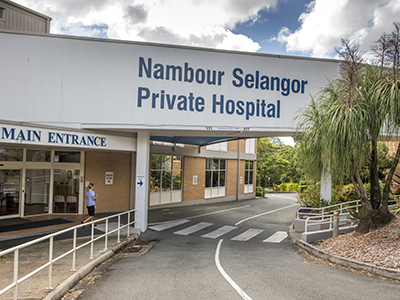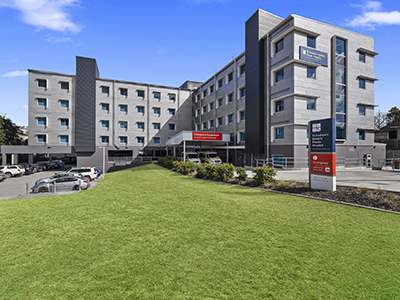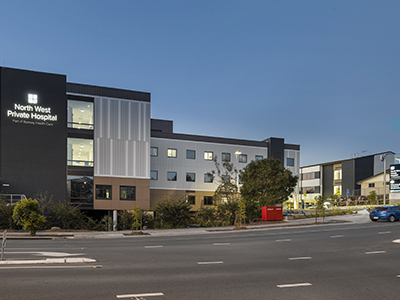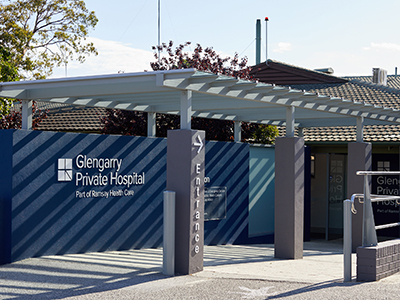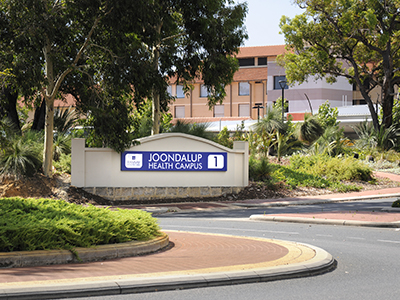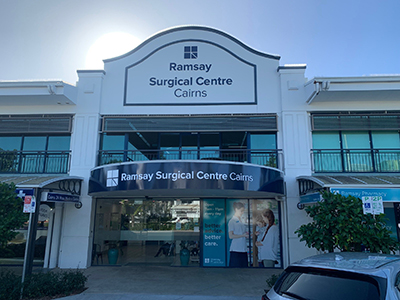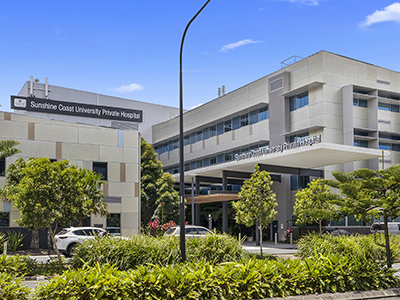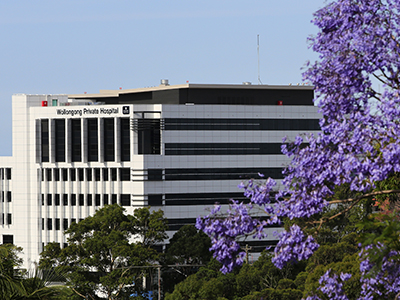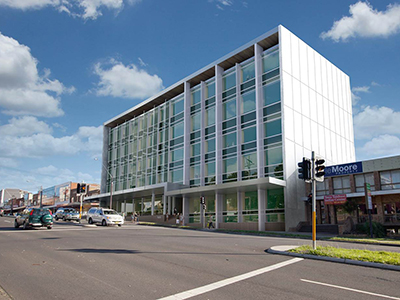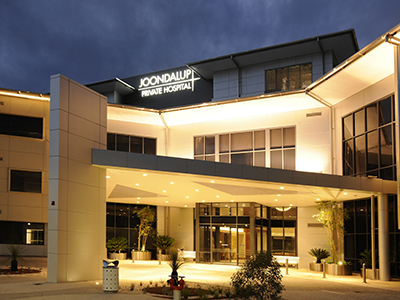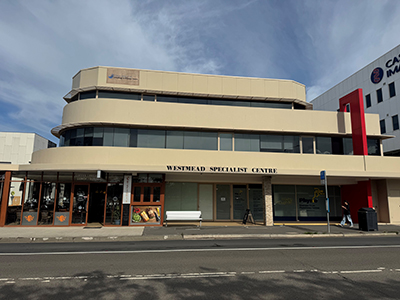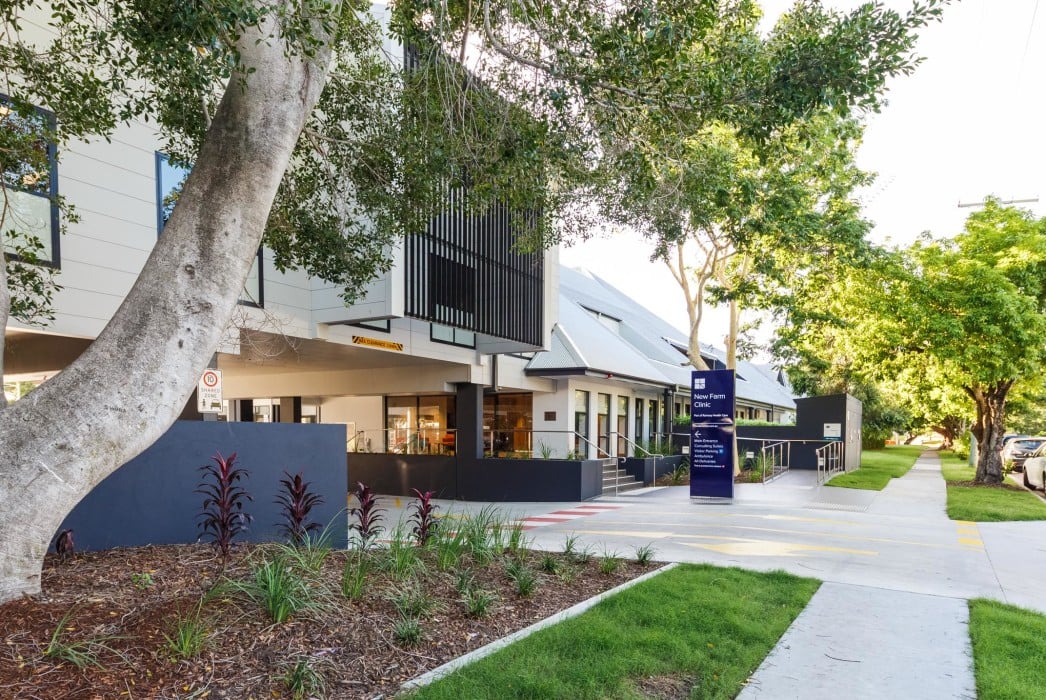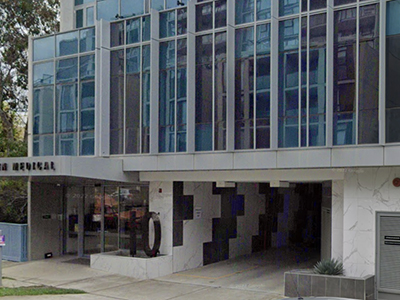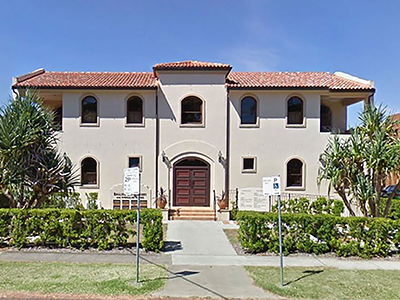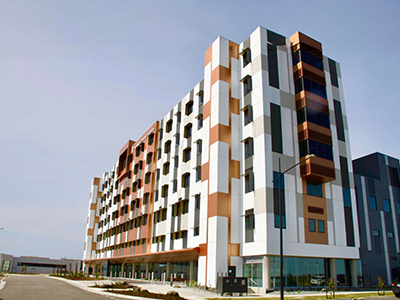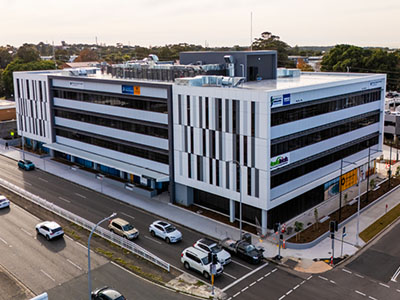Gastroenterology
Gastroenterology is the medical specialty that diagnoses and treats conditions of the digestive system.
Common conditions include irritable bowel disease, colitis, pancreatitis, gastro-oesophageal reflux (GORD), gallbladder disease, and cancers of the oesophagus, stomach, colon, rectum, pancreas and liver.
Doctors who specialise in this field are called gastroenterologists. Depending on your condition, you may also see related specialists such as hepatologists, colorectal surgeons or general surgeons.
At Ramsay Health Care, your care team will work with you to create a treatment plan tailored to your needs. With our holistic approach, you’ll also have access to a wide range of additional services in one place.
Services overview
Below is a general guide to common gastroenterological services. The most appropriate care for you will depend on a number of factors, and your doctor will tailor your treatment plan based on your specific needs and goals. Click on the plus sign (+) next to any heading to find out more.
Endoscopy
An endoscopy is a procedure used to examine the inside of the body using a thin, flexible tube equipped with a light and camera. In gastroenterology, the most common types of endoscopy include:
- colonoscopy, which examines the large intestine
- gastroscopy, which examines the upper digestive tract
Colonoscopy
A colonoscopy is a procedure used to examine the large bowel, rectum and a portion of the small intestine. It’s performed using a flexible endoscope called a colonoscope. If any abnormalities (such as polyps) are detected during the procedure, they can often be removed or biopsied during the same procedure.
Colonoscopies are often performed under full sedation, but it is sometimes possible to do them with little or no sedation. The most appropriate sedation option will be determined by the treating doctor.
Preparing for a colonoscopy
Preparation typically takes place over two to three days and will involve following a specific diet, fasting, and drinking a special bowel preparation solution to empty the large intestine. Detailed instructions are provided by the care team, and accurate preparation is essential for a successful procedure. Inadequate preparation may impact results and may require the procedure to be rescheduled.
Colonoscopies can be used to assess and investigate:
- a positive faecal occult blood test (FOBT)
- anaemia
- changes in bowel habit
- chronic constipation, diarrhoea or abdominal pain
- colorectal cancer
- inflammatory bowel disease
- irritable bowel syndrome
- rectal bleeding
- unexplained weight loss
For individuals with a personal history of polyps or a family history of colon cancer, regular colonoscopies every two to five years may be recommended by a gastroenterologist.
Colonoscopies can also be used to:
- perform diagnostic biopsies and collect small tissue samples
- remove polyps
Sigmoidoscopy
Sigmoidoscopy is a procedure similar to colonoscopy but it examines only the lower part of the large intestine. It is less invasive and typically requires less preparation, but it does not provide a full view of the colon. A medical professional will determine the most appropriate procedure based on clinical needs.
ERCP
Endoscopic retrograde cholangio-pancreatography (ERCP) is a specialised gastroscopic procedure used to diagnose and treat conditions affecting the bile and pancreatic ducts. It may be recommended in cases involving gallstones, inflammation, or tumours.
ERCP combines endoscopy and X-ray imaging to provide minimally invasive, scar-free access to these areas, allowing for both diagnosis and treatment in a single procedure.
Gastroscopy
Gastroscopy is a non-surgical procedure used to examine the digestive tract. It is performed using a flexible tube with a camera on the end called an endoscope. This allows gastroenterologists to view pictures of the digestive tract on a TV monitor.
Preparation instructions are provided by the care team. In most cases, fasting is required beforehand to ensure the stomach is empty. If a colonoscopy is being performed at the same time, bowel preparation may also be necessary.
This procedure is commonly used to investigate symptoms such as:
- abdominal pain
- Barrett’s oesophagus
- difficulty swallowing
- nausea and vomiting
- possible cancers of the oesophagus, stomach, or duodenum
- reflux
It may also be used to treat conditions such as:
- bleeding stomach or duodenal ulcers
- narrowing of the oesophagus requiring dilation
- removal of swallowed foreign objects
Ramsay Newsroom
Stay up-to-date with hospital news, developments, research highlights and innovation.
